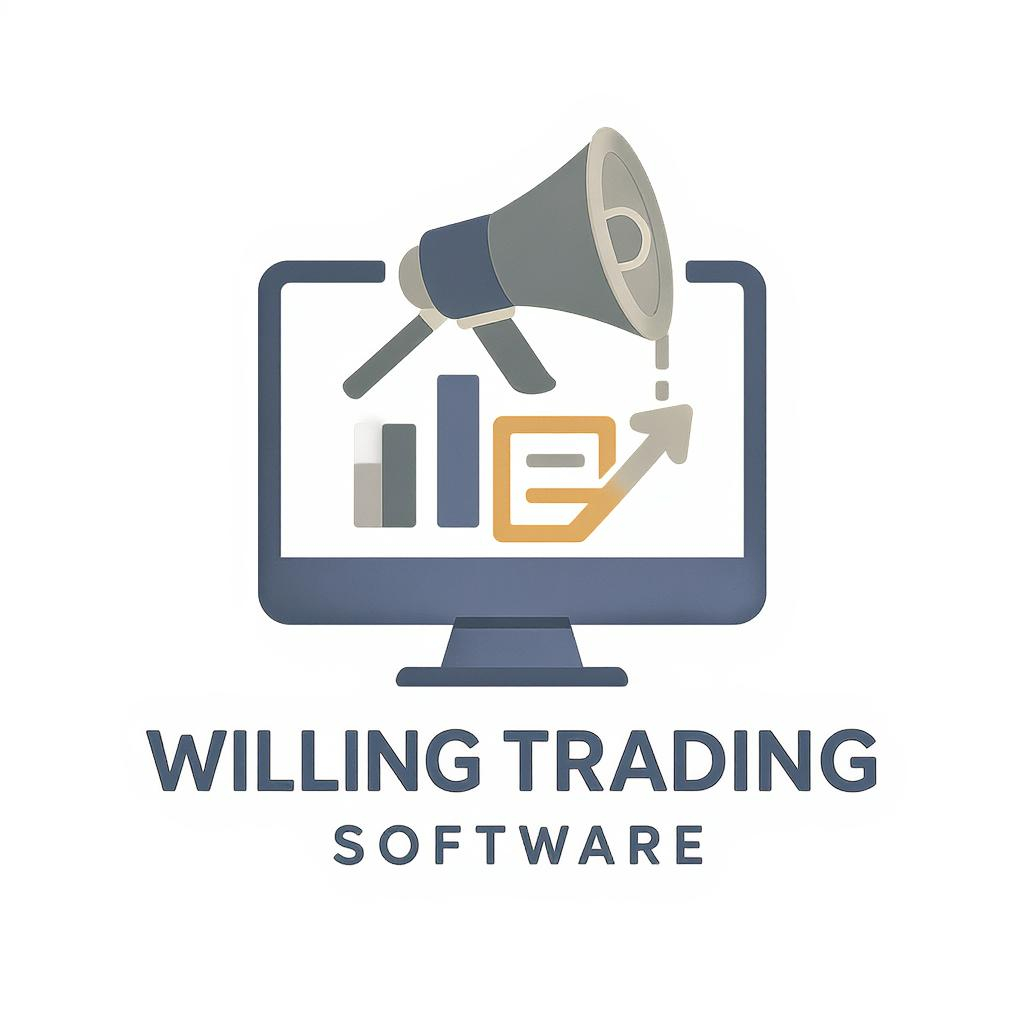Key Take Aways about MetaTrader Expert Advisors (EAs)
- Expert Advisors (EAs) automate trading on MetaTrader platforms, executing trades based on scripts written in MQL.
- Types of EAs include indicator-based, news-based, and scalping EAs, each with specific focus areas.
- Key benefits: automation, removal of emotional biases, 24/7 market monitoring.
- Development requires MQL knowledge; MetaEditor is used for script development.
- Testing and optimization via Strategy Tester are crucial before live deployment.
- EAs carry risks: settings errors, programming issues, and changing market conditions.
- Continual monitoring, updates, and security checks of third-party EAs are necessary.

Understanding MetaTrader Expert Advisors (EAs)
MetaTrader Expert Advisors (EAs) play a significant role in automated trading systems, specifically for the MetaTrader platforms developed by MetaQuotes Software. These automated trading tools are essential for traders who wish to implement algorithmic trading strategies without manual intervention. The intricacies of EAs and their functionality can greatly affect trading outcomes.
What Are Expert Advisors?
Expert Advisors are scripts written in the MQL (MetaQuotes Language) that are designed to automate trading processes on the MetaTrader platforms. They can execute trades automatically based on predetermined criteria and can also provide trading signals and manage trading operations.
Types of Expert Advisors
There are several types of EAs, each programmed to perform specific tasks:
– **Indicator-Based EAs**: These utilize technical indicators to make trading decisions, such as moving averages or RSI (Relative Strength Index).
– **News-Based EAs**: These focus on trading opportunities around major news events, requiring access to real-time news feeds.
– **Scalping EAs**: Designed for quick entries and exits, taking advantage of small price movements.
Benefits of Using EAs
The primary advantage of using Expert Advisors lies in their automation capabilities. They remove emotional biases from trading decisions and can monitor markets around the clock. This continuous observation allows for the execution of trades at optimal times, often in milliseconds.
Developing and Customizing EAs
Building an EA requires proficiency in MQL, the programming language used for developing scripts within the MetaTrader environment. Traders with coding knowledge can create custom EAs tailored to their specific strategies.
MQL Language and MetaEditor
The MetaEditor is an integrated development environment (IDE) in MetaTrader where traders can write and edit MQL scripts. This environment supports the development of custom indicators, scripts, and EAs.
Testing and Optimization
Before deploying an EA on a live account, it is crucial to test and optimize it using historical data. MetaTrader provides a Strategy Tester feature that allows traders to backtest EAs over past market data to evaluate performance and optimize parameters.
Risks and Considerations
While EAs can enhance trading efficiency, they also come with risks. Misconfigured settings or programming errors can lead to undesirable trade entries or exits. Additionally, market conditions can change rapidly, and an EA that performs well in one market environment may not do so in another.
Monitoring and Maintenance
Regular monitoring and updates are essential for maintaining the effectiveness of an EA. Market conditions, liquidity, and volatility can affect performance, necessitating periodic adjustments to both the strategy and the algorithm.
Security and Reliability
Finally, it’s important to ensure that the EA source is trustworthy. Third-party EAs should be vetted for security and reliability to prevent potential losses from malicious code or unstable algorithms.
In conclusion, MetaTrader Expert Advisors are powerful tools for traders seeking to leverage automated trading strategies. However, successful implementation relies on proper development, rigorous testing, and continual oversight to adapt to changing market dynamics.
